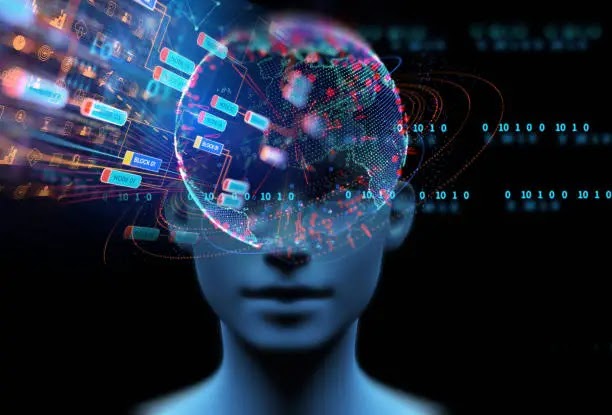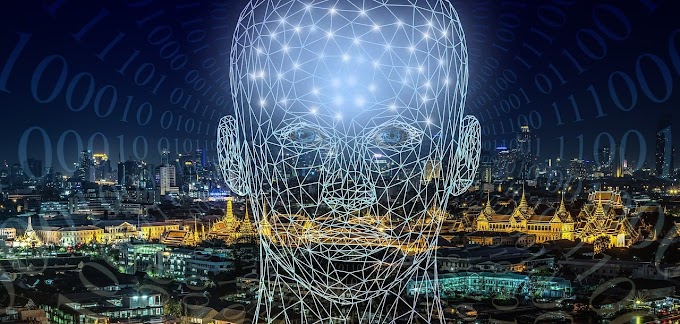Introduction:
In today's rapidly evolving world, Artificial Intelligence (AI) is making its mark in various industries, and education is no exception. This blog post explores the innovative ways AI is transforming the landscape of education while shedding light on the challenges it presents. From personalized learning experiences to ethical considerations, the integration of AI in education is a complex yet promising journey.
The Rise of AI in Education:
In recent years, AI has gained traction in education, revolutionizing the way students learn and educators teach. AI-powered tools are now capable of customizing learning experiences, adapting to individual student needs, and providing instant feedback. This personalized approach enhances student engagement and retention.
Personalized Learning Experiences:
AI algorithms analyze students' learning patterns and preferences, allowing educators to tailor content and pacing accordingly. This adaptability ensures that no student is left behind while challenging advanced learners.
Intelligent Tutoring Systems:
AI-driven tutoring systems provide real-time assistance, answering questions and providing explanations as students work through problems. These systems are available 24/7, providing invaluable support beyond classroom hours.
Automated Grading and Assessment:
Educators can save significant time by automating grading and assessment tasks using AI. This frees up instructors to focus on more meaningful aspects of teaching.
Challenges in Implementing AI in Education:
While AI offers transformative benefits, it also comes with challenges that must be addressed:
Data Privacy and Security:
The collection of vast amounts of student data for AI analysis raises concerns about data privacy and security. Institutions must prioritize robust data protection measures to ensure sensitive information remains confidential.
Equity and Accessibility:
The digital divide can exacerbate educational inequalities. Not all students have equal access to devices and the internet, limiting their ability to benefit from AI-driven education tools.
Ethical Concerns:
As AI systems make decisions that affect students' academic journeys, questions of bias and fairness arise. Developers and educators must navigate these ethical considerations to ensure AI is used responsibly.
Teacher Training and Acceptance:
Educators need training and support to effectively incorporate AI tools into their teaching methods. Overcoming resistance to change is crucial for successful AI integration.
Conclusion:
The integration of AI in education is a transformative journey filled with innovations and challenges. While AI-powered tools have the potential to revolutionize learning experiences, it's imperative to address issues of data privacy, equity, ethics, and teacher readiness. When implemented thoughtfully and responsibly, AI can pave the way for a more inclusive and effective education system.
As technology continues to advance, the future of AI in education holds the promise of empowering educators, engaging students, and shaping the next generation of lifelong learners.
Disclaimer: The views expressed in this article are those of the author and do not necessarily reflect the official policy or position of any organization.






